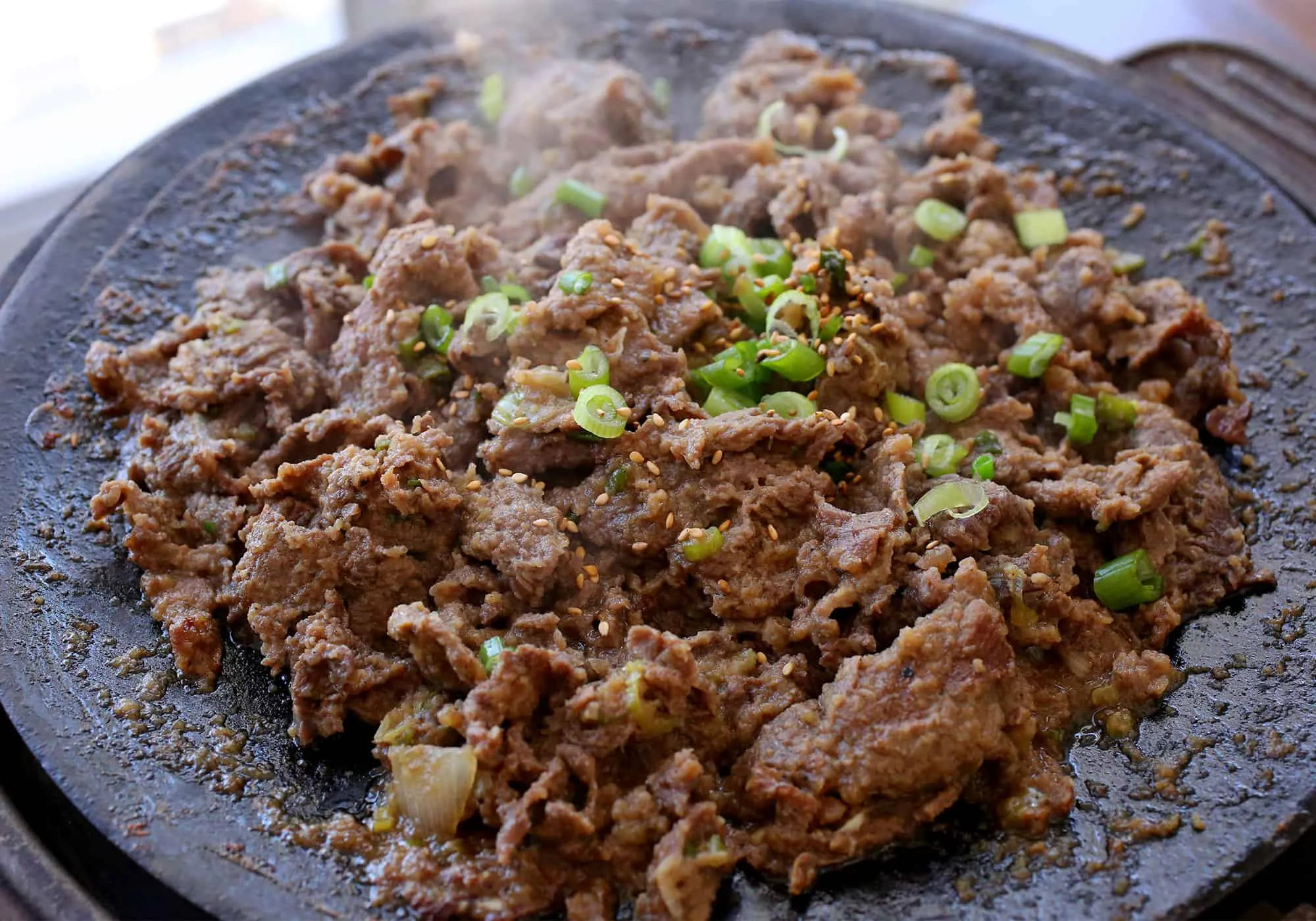From Refugee to Restaurateur: A Syrian Chef’s Grocery Tips
An inspiring story of a Syrian refugee who became a successful restaurateur in Chicago, with tips for saving money on groceries.


From Refugee to Restaurateur: A Syrian Chef’s Grocery Tips
Chicago is a city built by immigrants, and its culinary landscape is constantly enriched by new flavors and stories. Chef Omar Al-Hamwi’s journey from Syria to opening a beloved Middle Eastern restaurant in Chicago is a testament to resilience, passion, and the universal language of food. We sat down with Chef Omar to hear his inspiring story and get his expert tips on creating delicious, authentic cuisine, even on a budget.
Chef Omar’s Journey
Q: Chef Omar, your story is truly inspiring. Can you tell us a little bit about your journey from Syria to opening your own restaurant in Chicago?
A: It has been a long road, but a rewarding one. I grew up in Damascus, surrounded by the smells and tastes of my grandmother’s kitchen. When the war forced us to leave, I carried those memories with me. Coming to Chicago, I saw an opportunity to share my culture through food. It started small, cooking for friends, then catering, and eventually, with the help of many kind people, I was able to open “Damascus Table.” It’s more than a restaurant; it’s a piece of home.
The Essence of Syrian Cuisine
Q: What is the essence of Syrian cuisine, and how do you bring that authenticity to your restaurant?
A: Syrian food is about fresh ingredients, aromatic spices, and sharing. It’s not overly complicated, but it’s rich in flavor. We use a lot of olive oil, lemon, garlic, and herbs like parsley and mint. For authenticity, we source the best quality ingredients we can find, and we never cut corners on the traditional methods. My grandmother’s recipes are my guide.
Adapting to Chicago’s Food Scene
Q: How did you adapt your cooking and sourcing of ingredients to the Chicago market? Were there challenges?
A: The biggest challenge was finding certain specialty ingredients. In Syria, everything is fresh and local. Here, I had to learn about different suppliers. For example, finding the right type of lamb or specific spices. But Chicago is a diverse city, and there are many Middle Eastern markets, especially in Bridgeview and Albany Park, that have been a blessing. For common items, Jewel-Osco has a surprisingly good international section now.
Budgeting for a Restaurant: Chef’s Secrets
Q: Running a restaurant requires careful budgeting. What are your top tips for sourcing ingredients affordably for a large scale?
A: For the restaurant, it’s all about volume and relationships. We buy directly from suppliers when possible. For home cooks, the principle is similar: buy in bulk when you can, especially for staples. Lentils, chickpeas, rice – these are the foundation of our cuisine and are very cheap. Don’t be afraid of dried beans; they are much more economical than canned.
Home Cooking Tips: Syrian Flavors for Less
Q: For home cooks, what are some of your secrets for making delicious Syrian food without spending a lot of money?
A: Focus on vegetables and legumes. Dishes like Mujadara (lentils and rice with caramelized onions) or Fasolia (green bean stew) are incredibly flavorful and use very inexpensive ingredients. Use seasonal vegetables from Jewel-Osco or farmers markets. A little bit of good quality olive oil and fresh herbs can elevate any simple dish.
Q: Syrian cuisine is rich in spices. How do you manage to buy high-quality spices on a budget?
A: Buy whole spices and grind them yourself. It’s cheaper, and the flavor is much more intense. Cumin, coriander, paprika – these are essential. Buy them from ethnic markets where they have a high turnover, so they are fresh. You can also find good quality spices in the bulk section of some larger grocery stores.
Food and Community
Q: How has food helped you connect with the Chicago community?
A: Food is a bridge. It’s how I share my culture, my story, and my gratitude. When people taste our food, they taste a piece of Syria, and they taste the love we put into it. It has helped me build a new home here.
Q: What’s one piece of advice you’d give to aspiring chefs or home cooks who want to explore Syrian cuisine?
A: Start with simple dishes. Don’t be intimidated. Use fresh ingredients, be generous with your olive oil, and most importantly, cook with love. The best food always comes from the heart.
Thank you, Chef Omar, for your time and inspiring insights. We encourage everyone to visit Damascus Table and experience the authentic flavors of Syria.